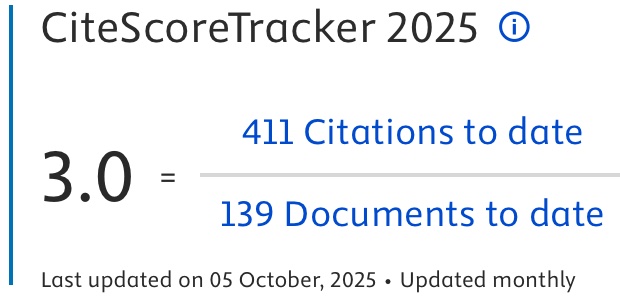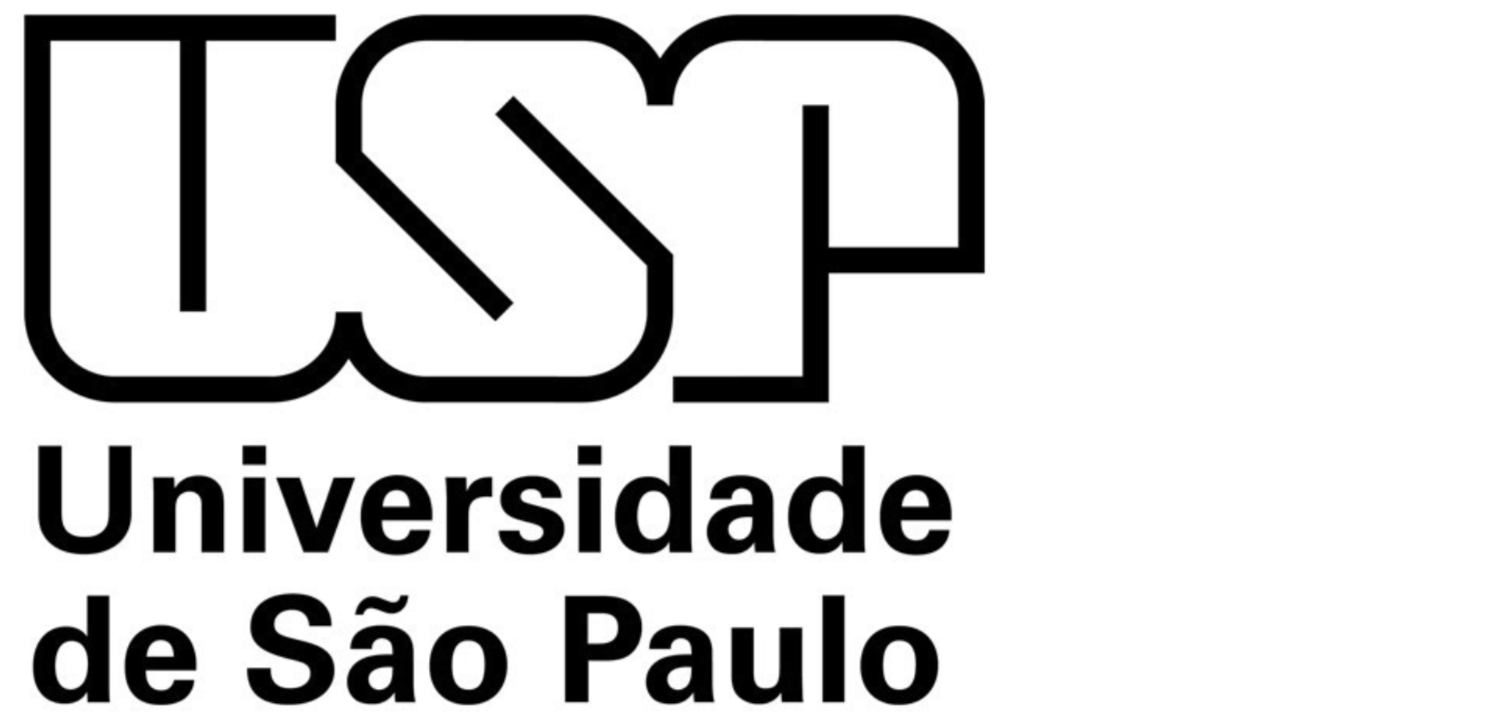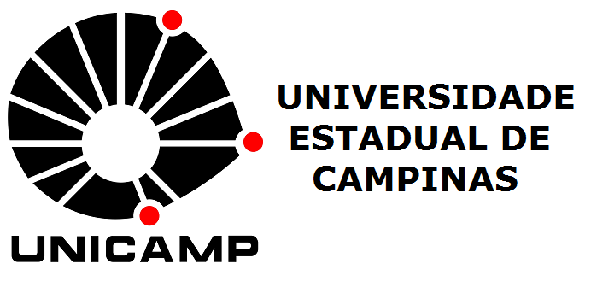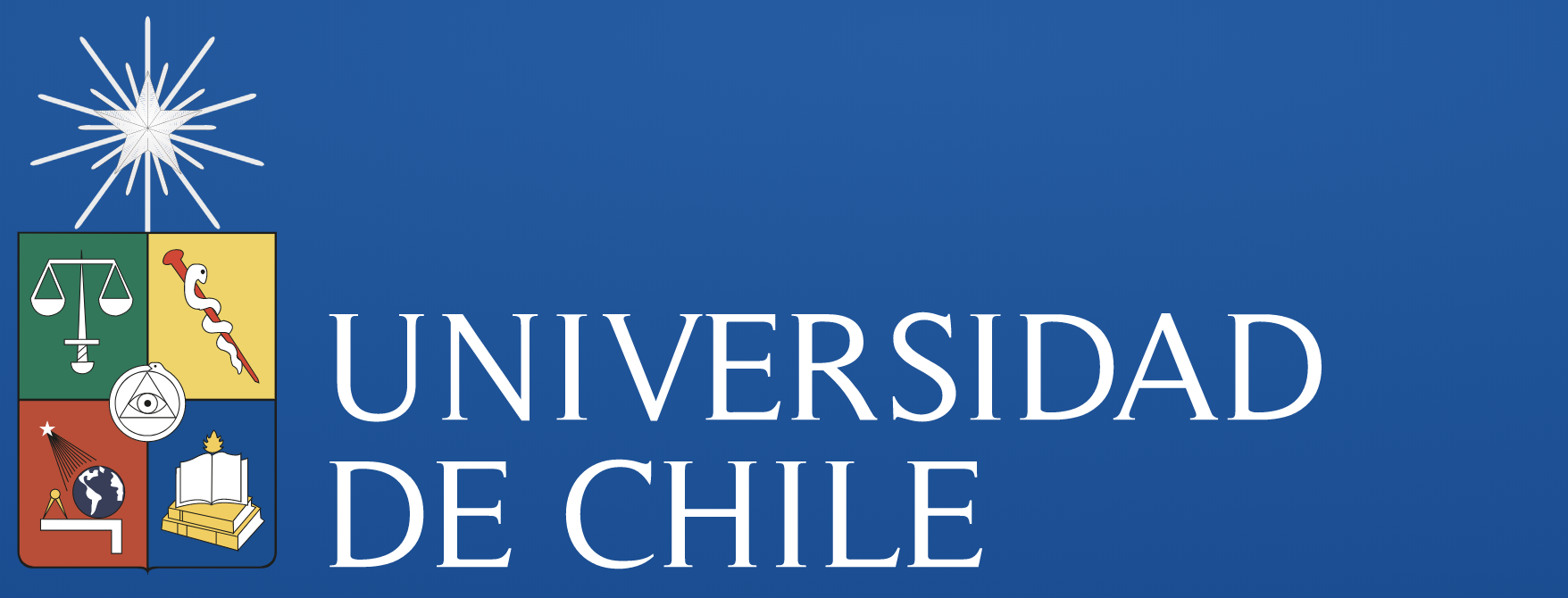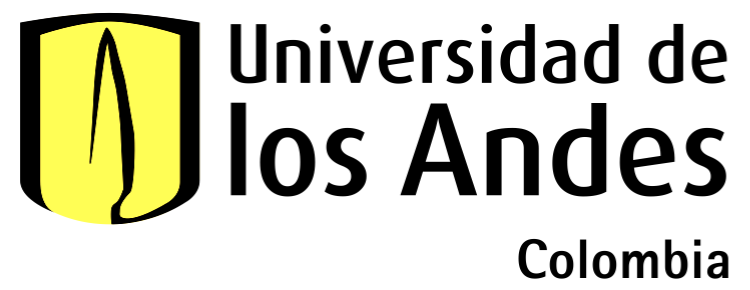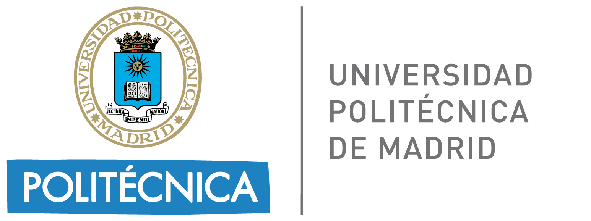Commoning in the practice of urban governance. An experience from OBRAS project
DOI:
https://doi.org/10.19229/2464-9309/8172020Keywords:
urban commons, urban governance, co-project, strategies of urban re-activation, human and urban capitalAbstract
The complexity of the contemporary urban scenario, now in constant revolution, calls for new forms of governance: able to combine the stances of institutional actors, civil society and the entrepreneurial world; commoning, born as a form of bottom-up re-appropriation of neglected spaces, has now become a multi-scalar, shared practice, which inspired the approach of the OBRAS project analysed here. In the first section the literary review frames the research context, with reference to urban commoning practices for the re-activation of places, and its relation with urban governance; in the second section, the methodology and physical context of the workshops, Bologna and Bogotá, are introduced. The methodology and results of the project are presented in the third section: the multi-scalar, cross-cutting and shared practices adopted and the meta-project solutions produced. The fourth section summarizes the OBRAS experience, with results, limits and future developments of the project.
Downloads
Article Metrics Graph
References
Borch, C. and Kornberger, M. (2015), Urban Commons – Rethinking the City, Routledge, London.
Borghi, V. (2018), “From Knowledge to Informational Basis – Capability, Capacity to Aspire and Research”, in Critical Sociology, vol. 44, issue 6, pp. 899-920. [Online] Available at: doi.org/10.1177/0896920517705437 [Accessed 24 October 2020].
Ciancio, G. (2018), “When commons become official politics – Exploring the Relationship between Commons, Politics and Art in Naples”, in Dockx, N. and Gielen, P. (eds), Commonism – A new aesthetics of the real, Antennae-Arts in Society, Valiz, Amsterdam, pp. 283-296. [Online] Available at: www.exasilofilangieri.it/wp-content/uploads/2018/09/2018-Ciancio-in-Gielen-Dockx-commonism.pdf [Accessed 24 October 2020].
De Angelis, M. (2017), Omnia Sunt Communia – On the Commons and the Transformations to Postcapitalism, ZED Books, London.
De Leonardis, O. (2017), Le Istituzioni – Come e perché parlarne, Carocci Editore, Roma.
Dellenbaugh, M., Kip, M., Bieniok, M., Müller, A. K. and Schwegmann, M. (eds) (2015), Urban Commons – Moving Beyond State and Market, Birkhäuser, Basel, pp. 165-174.
Euler, J. (2018), “Conceptualizing the Commons – Moving Beyond the Goods-based Definition by Introducing the Social Practices of Commoning as Vital Determinant”, in Ecological Economy, vol. 143, pp. 10-16. [Online] Available at: doi.org/10.1016/j.ecolecon.2017.06.020 [Accessed 24 October 2020].
Fung, A. (2004), Empowered Participation – Reinventing Urban Democracy, Princeton University Press, Princeton.
Garnett, N. S. (2012), “Managing the Urban Commons”, in University of Pennsylvania Law Review Symposium on New Dimensions in Property Theory, vol. 160, pp. 1995-2027. [Online] Available at: www.law.upenn.edu/journals/lawreview/articles/volume160/issue7/ Garnett160U.Pa.L.Rev.1995(2012).pdf [Accessed 24 October 2020].
Gianfrate, V., Djalali, A., Turillazzi, B., Boulanger, S. O. M. and Massari, M. (2020), “Research-action-research towards a circular urban system for multi-level regeneration in historical cities – The case of Bologna”, in International Journal of Design & Nature and Ecodynamics, vol. 15, issue 1, pp. 5-11. [Online] Available at: doi.org/10.18280/ijdne.150102 [Accessed 22 October 2020].
Gianfrate, V. and Longo, D. (2017), Urban micro-design – Tecnologie integrate, adattabilità e qualità degli spazi pubblici, FrancoAngeli, Milano.
Hardt, M. and Negri, T. (2004), Multitude – War and Democracy in the Age of Empire, Penguin, Harmondsworth.
Harvey, D. (2012), Rebel Cities – From the Right to the City to the Urban Revolution, Verso, New York.
Huron, A. (2015), “Working with Strangers in Saturated Space – Reclaiming and Maintaining the Urban Commons”, in Antipode | A Radical Journal of Geography, vol. 47, issue 4, pp. 963-979. [Online] Available at: onlinelibrary.wiley.com/doi/abs/10.1111/anti.12141 [Accessed 22 October 2020].
Jacobs, J. (2020), Città e Libertà [or. ed. Vital Little Plans – The Short Works of Jane Jacobs, 2016], Elèuthera, Milano.
Johansson, H. and Hvinden, B. (2005), “Welfare governance and the remaking of citizenship”, in Newman, J. (ed.), Remaking Governance – People, politics and the public sphere, Bristol University Press, Bristol, pp. 101-118.
Keucheyan, R. (2010), Hémisphère Gauche – Une cartographie des nouvelles pensées critiques, La Découverte, Paris.
Lama-Rewal, S. T. and Zérah, M.-H. (2011), “Introduction – Urban Democracy: A South-Asian Perspective”, in South Asia Multidisciplinary Academic Journal, vol. 5, pp. 1-17. [Online] Available at: doi.org/10.4000/samaj.3188 [Accessed 22 October 2020].
Leminen, S., Rajahonka, M. and Westerlund, M. (2017), “Towards Third-Generation Living Lab Networks in Cities”, in Technology Innovation Management Review, vol. 7, issue 11, pp. 21-35. [Online] Available at: doi.org/10.22215/timreview/1118 [Accessed 22 October 2020].
Lenna, V., Randazzo, R., and Trimarchi, M. (2020), “Can Social Fractures Affect the Legal Framework? Towards an Institutional Craftsmanship”, in Macrì, E., Morea, V. and Trimarchi, M. (eds), Cultural Commons and Urban Dynamics – A Multidisciplinary Perspective, Springer, Cham, pp. 255-277. [Online] Available at: doi.org/10.1007/978-3-030-54418-8_16 [Accessed 22 October 2020].
Mattei, U. (2011), Beni comuni – Un manifesto, Edizioni Laterza, Bari.
Müller, A. K. (2015), “From Urban Commons to Urban Planning – or Vice Versa? ‘Planning’ the Contested Gleisdreieck Territory”, in Dellenbaugh, M., Kip, M., Bieniok, M., Müller, A. K. and Schwegmann, M. (eds) (2015), Urban Commons – Moving Beyond State and Market, Birkhäuser, Basel, pp. 148-164.
Nicoletti, M. (ed.) (1978), L’Ecosistema Urbano, Edizioni Dedalo, Bari.
Opazo Ortiz, D. (2015), “Creating and Appropriating Urban Spaces – The Public versus the Commons: Institutions, Traditions, and Struggles in the Production of Commons and Public Spaces in Chile”, in Dellenbaugh, M., Kip, M., Bieniok, M., Müller, A. K. and Schwegmann, M. (eds), Urban Commons – Moving Beyond State and Market, Birkhäuser, Basel, pp. 117-129.
Ostrom, E. (1990), Governing the Commons – The Evolution of Institutions for Collective Action, Cambridge University Press, Cambridge.
Saija, L. (2017), La Ricerca-Azione in Pianificazione Territoriale e Urbanistica, FrancoAngeli, Milano.
Sennett, R. (2018), Building and dwelling – Ethics for the city, Farrar Straus and Giroux, New York.
Tonelli, C. and Montella, I. (2018), “Occupazioni illegali di edifici pubblici – Quali modelli legittimi di coabitazione | Illegal occupations of public buildings – As legitimate cohabitation models”, in Agathón | International Journal of Architecture, Art and Design, vol. 4, pp. 121-128. [Online] Available at: doi.org/10.19229/2464-9309/4152018 [Accessed 26 October 2020].
Vernay, A. B. H. (2013), Circular Urban Systems – Moving towards Systems Integration, Doctoral thesis dissertation, Faculty of Technology, Policy and Management, Department of Values and Technology. [Online] Available at: doi.org/10.4233/uuid:c7e37777-eb7a-4e5f-b0e3-ec93f68a655d [Accessed 22 October 2020].
Virno, P. (2001), Grammatica della moltitudine – Per una analisi delle forme di vita contemporanee, DeriveApprodi, Roma.
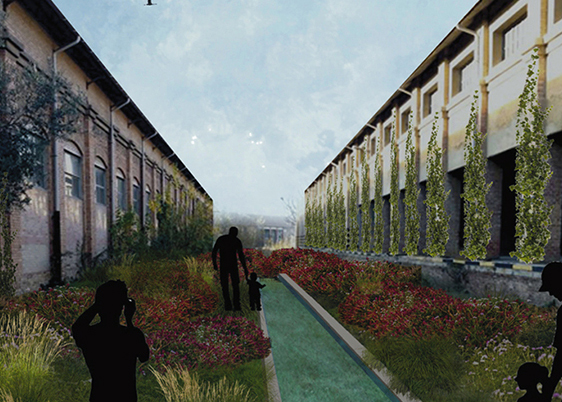
Downloads
Published
How to Cite
Issue
Section
License
This Journal is published under Creative Commons Attribution Licence 4.0 (CC-BY).
License scheme | Legal code
This License allows anyone to:
Share: copy and redistribute the material in any medium or format.
Adapt: remix, transform, and build upon the material for any purpose, even commercially.
Under the following terms
Attribution: Users must give appropriate credit, provide a link to the license, and indicate if changes were made; users may do so in any reasonable manner, but not in any way that suggests the licensor endorses them or their use.
No additional restrictions: Users may not apply legal terms or technological measures that legally restrict others from doing anything the license permits.
Notices
Users do not have to comply with the license for elements of the material in the public domain or where your use is permitted by an applicable exception or limitation.
No warranties are given. The license may not give users all of the permissions necessary for their intended use. For example, other rights such as publicity, privacy, or moral rights may limit how you use the material.






